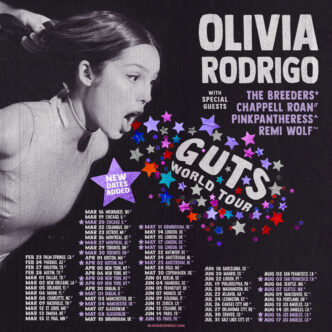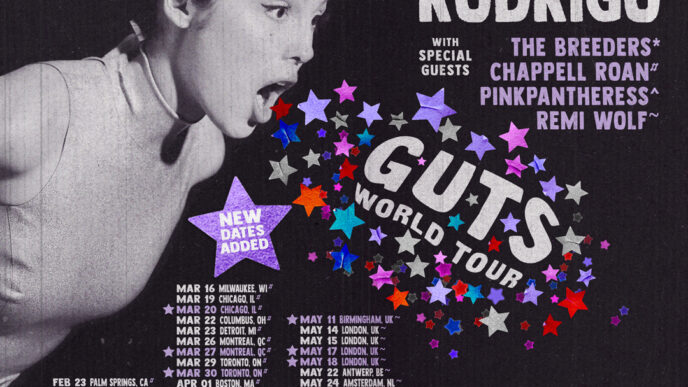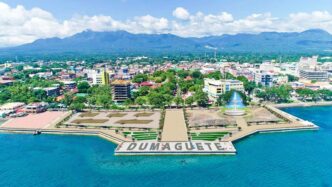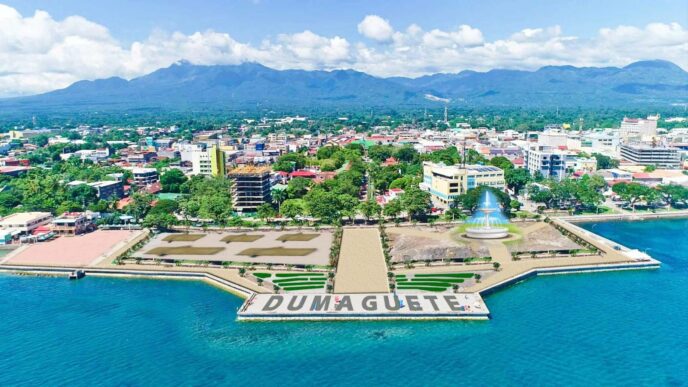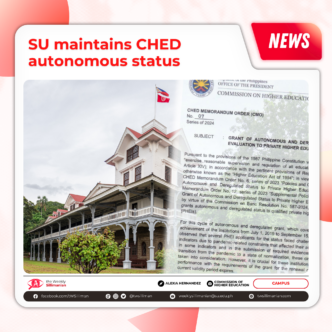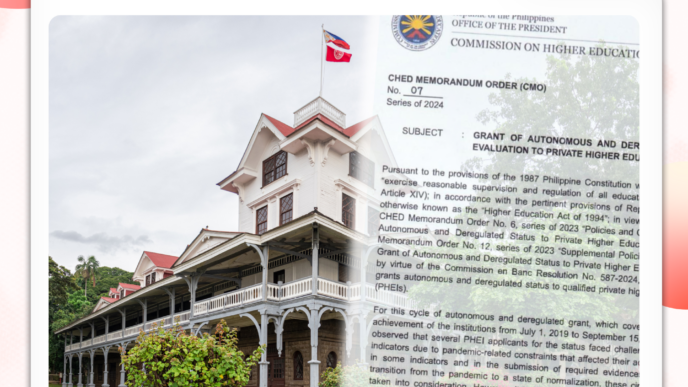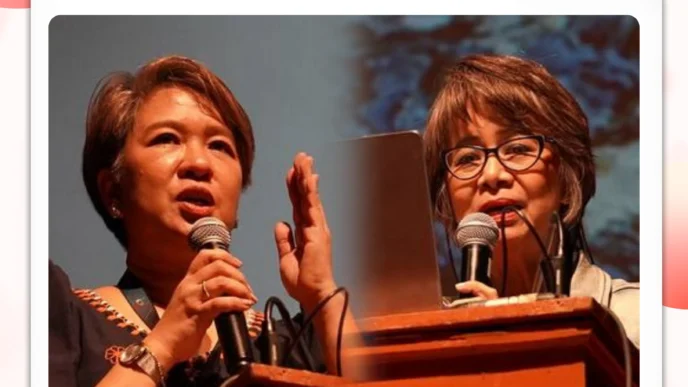By Carla Adeline Via
In its bid to become a UNESCO Creative City of Literature, Silliman University’s (SU) Edilberto and Edith Tiempo Creative Writing Center (CWC) took part in the second Dumaguete Literary Festival last April 3 to 6.
Themed “Towards a City of Literature,” the festival gathered experts in the field of literature, writers, poets, and creatives, among others at the Arts and Design Collective Dumaguete.
The event highlighted a panel discussion with key partners from the Department of Trade and Industry (DTI) – Negros Oriental and local independent bookstore LibrAria Books.
CWC Founding Coordinator Asst. Prof. Ian Casocot led the discussion about the process of vying for the UNESCO City of Literature title.
He emphasized how “mental work is also a back-breaking work” as he recalled their difficulty in answering a 50-item questionnaire as part of the process.
“[Anton Gabila] really analyzed all the sections of the questionnaire. Every question was really, really hard to do because it required only a few characters, including spaces. Trying to do them was actually part of the stress,” Casocot said.
He added that their team managed to answer the questions “very well” with cited statistics and examples.
According to them, the bid was accomplished through the collaboration of the academic, business, and government sectors of the city.
Benefits of UNESCO title
On the recognition’s benefits for Dumaguete City, Gayle Acar, owner of LibrAria Books, explained the likelihood of enticing domestic and foreign tourists to the city while immersing themselves in its literary scene.
“They say that bookstores come and go, so this gives us sort of an anchor [because] they come here for that,” she said.
Gabila also shared that the title would include opportunities for future collaboration with other designated Cities of Literature.
“What will happen when we become a designated Creative City of Literature [is] we become part of the cities nga naa’y (that have) designation, so what happens then is that Dumaguete has the opportunity to get information from them,” Gabila explained.
Moreover, the discussion also brought up the city’s aim to not only gain the title, but also to sustain it.
On sustainability, Gabila revealed their plans to build an office specifically for this purpose as well as DTI’s future provision of print-on-demand machinery.
Meanwhile, National Artist for Literature Resil Mojares delivered a keynote talk on “What Makes a Creative City of Literature,” which tackled crucial steps and factors that play to achieve such a title.
The results of the bid will be announced during UNESCO’s annual celebration of World Cities Day on Oct. 31.
Moreover, several writers from and outside Dumaguete led their own panel discussions with topics varying in storytelling beyond books, food writing, the use of artificial intelligence, LGBTQ+ literature, among others.
A Zine Fair and Literary Bazaar, spoken word and open mic night, and various book launches were also held during the festival.
The 2025 Duma LitFest is a collaboration between the Buglas Writers Club, LibrAria Books, and SU CWC.

